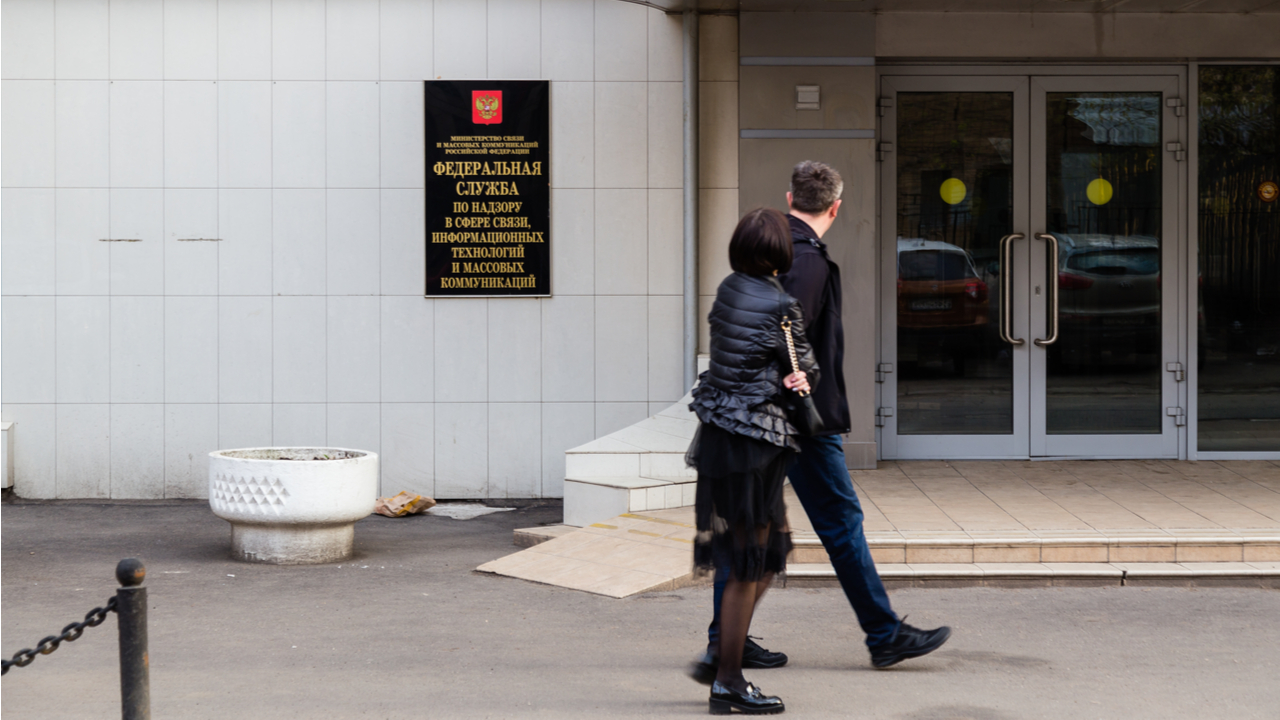
One observer suggested Bankman-Fried may be reluctant to discuss FTX due to the legal implication of lying under oath to the U.S. Congress.
Former CEO of FTX, Sam Bankman-Fried, has signaled he's unwilling to testify before the United States Congress until he’s “finished learning and reviewing what happened.”
Bankman-Fried was responding to a Dec. 2 tweet from U.S. Representative Maxine Waters inviting him to testify in a scheduled U.S. House Committee on Financial Services hearing on Dec. 13 to discuss "what happened" at FTX.
In a Dec. 4 response on Twitter, the former FTX CEO said he feels it is his “duty to appear before the committee and explain,” but only once he's “finished learning and reviewing what happened," adding he wasn't “sure” whether it would happen by the 13th.
Rep. Waters, and the House Committee on Financial Services:
— SBF (@SBF_FTX) December 4, 2022
Once I have finished learning and reviewing what happened, I would feel like it was my duty to appear before the committee and explain.
I'm not sure that will happen by the 13th. But when it does, I will testify. https://t.co/c0P8yKlyQt
Some in the community pointed out the response appears out of line with his recent actions, including taking part in several media interviews and posting endless tweets about what led to the fall of FTX in November.
Blockchain Association Head of Policy and U.S. Attorney Jake Chervinsky suggested to his 120,500 Twitter followers that Bankman-Fried was reluctant to take part in the Dec. 13 hearing because '"lying to Congress under oath is less appealing."
Translation: he doesn't mind lying to Andrew Ross Sorkin or George Stephanopoulos, but lying to Congress under oath is less appealing. https://t.co/DZTyzMwn9s
— Jake Chervinsky (@jchervinsky) December 4, 2022
On Nov. 30, Bankman-Fried made his first live public appearance since the collapse of FTX during the New York Times' DealBook Summit where he was questioned over the circumstances behind the crypto exchange's demise. A day later, he appeared in a Good Morning America interview, and also in a Twitter space hosted by IBC Group founder and CEO Mario Nawfal.
Most recently, Bankman-Fried was questioned by Coffeezilla in a Twitter Spaces interview on Dec. 3, which saw him leaving the interview around 20 minutes in.
Related: Former FTX CEO Sam Bankman-Fried denies ‘improper use’ of customer funds
Meanwhile, Coinbase CEO Brian Armstrong has called out Bankman-Fried's purported narrative in recent days, stating on Dec. 3 that “even the most gullible person” should not believe Bankman-Fried's claim that FTX's transfer of billions of dollars of customer funds to its trading firm Alameda Research came from the result of an unintentional “accounting error.”
I don't care how messy your accounting is (or how rich you are) - you're definitely going to notice if you find an extra $8B to spend.
— Brian Armstrong (@brian_armstrong) December 3, 2022
Even the most gullible person should not believe Sam's claim that this was an accounting error.
As for SBF’s recent media antics, Tesla and Twitter CEO Elon Musk “agreed” with a member of the crypto community SBF doesn’t deserve any more media attention until his court date, with Musk adding he needs an “adult timeout.”
Agreed. Let’s just give him an adult timeout in the big house & move on.
— Elon Musk (@elonmusk) December 3, 2022

 " title="
" title="






